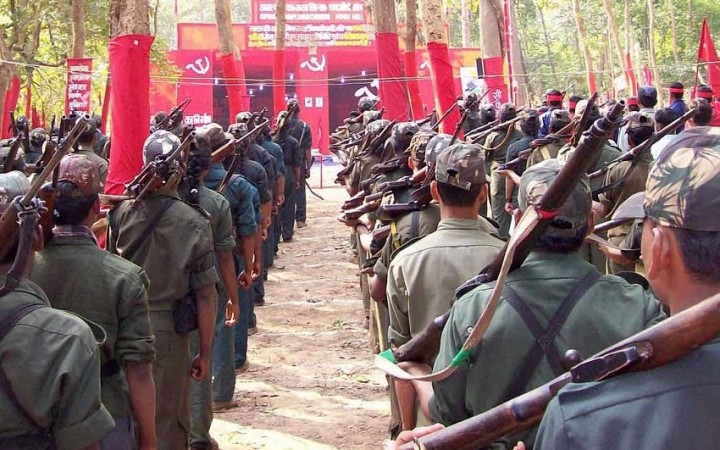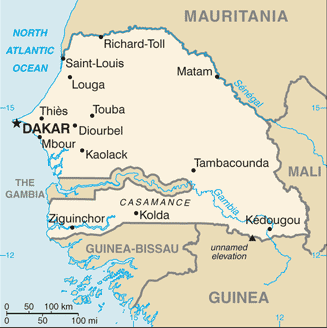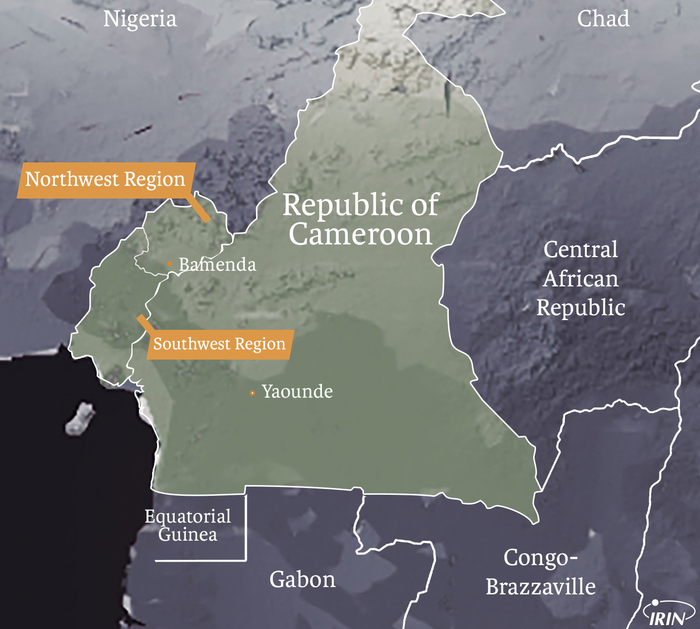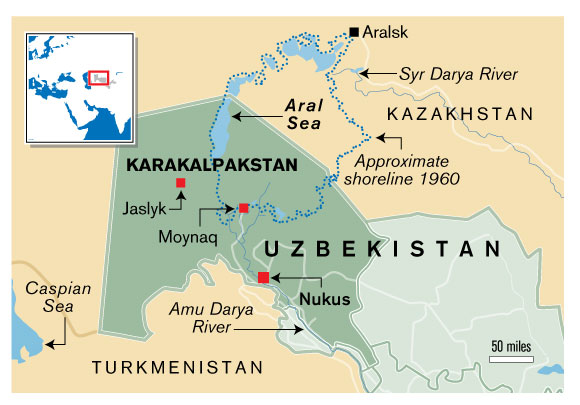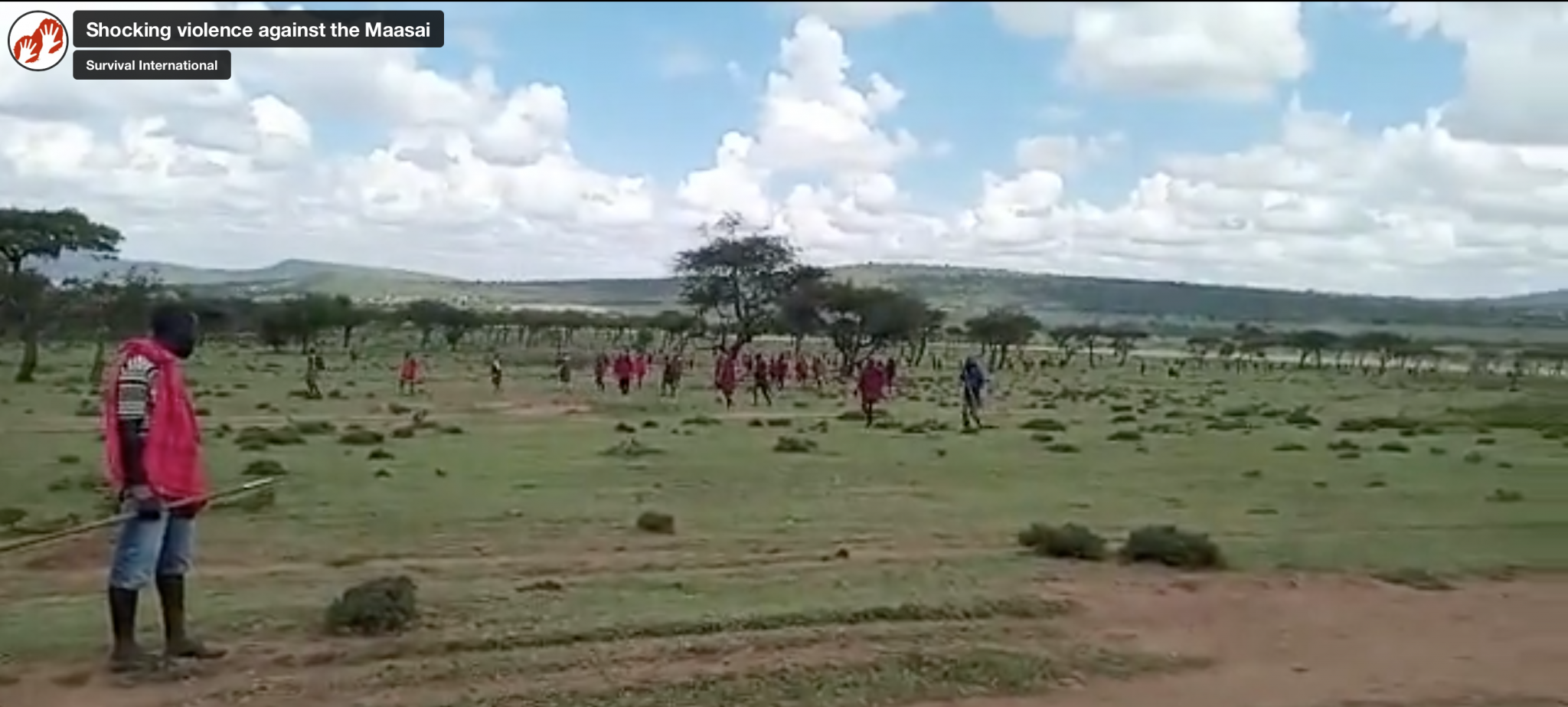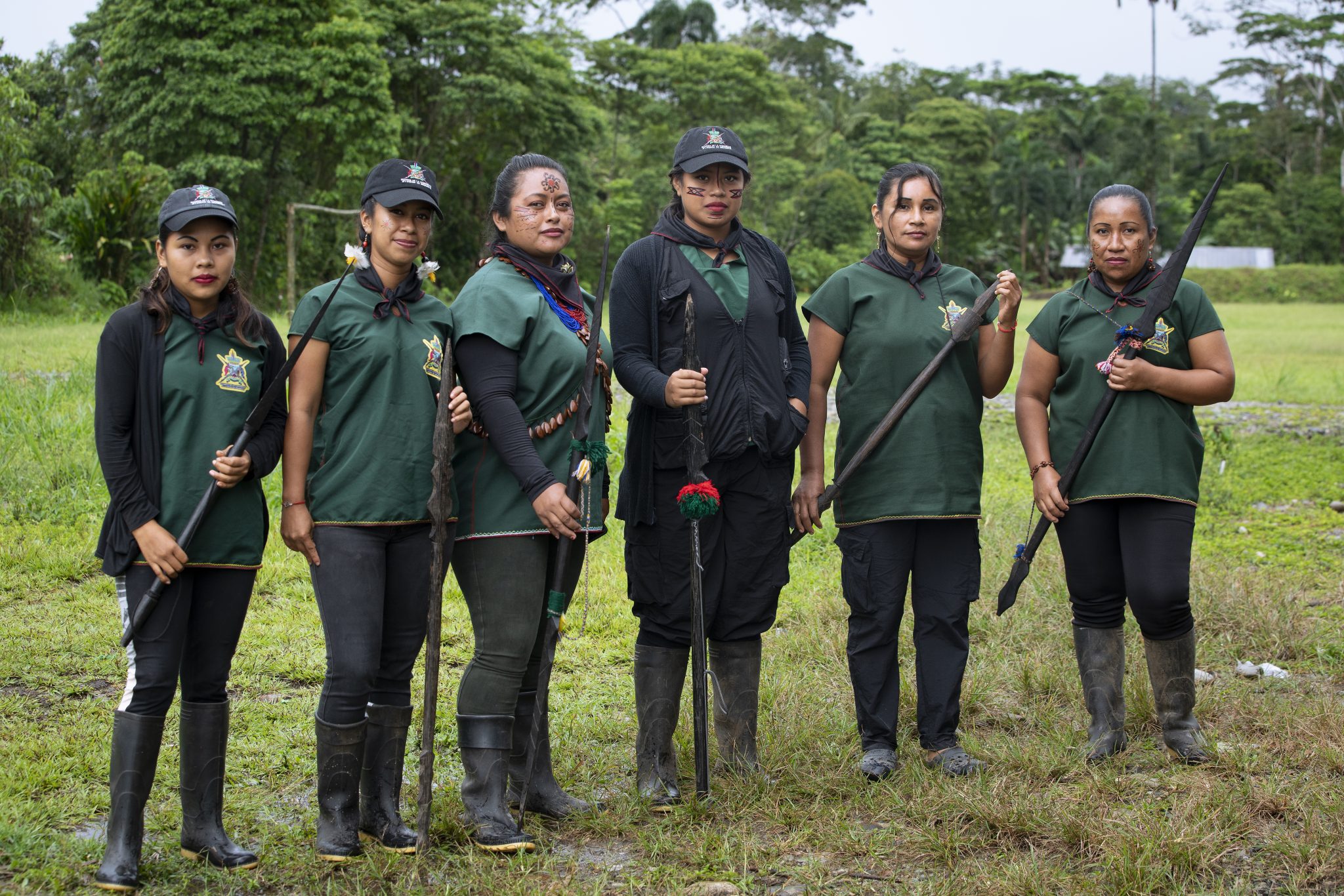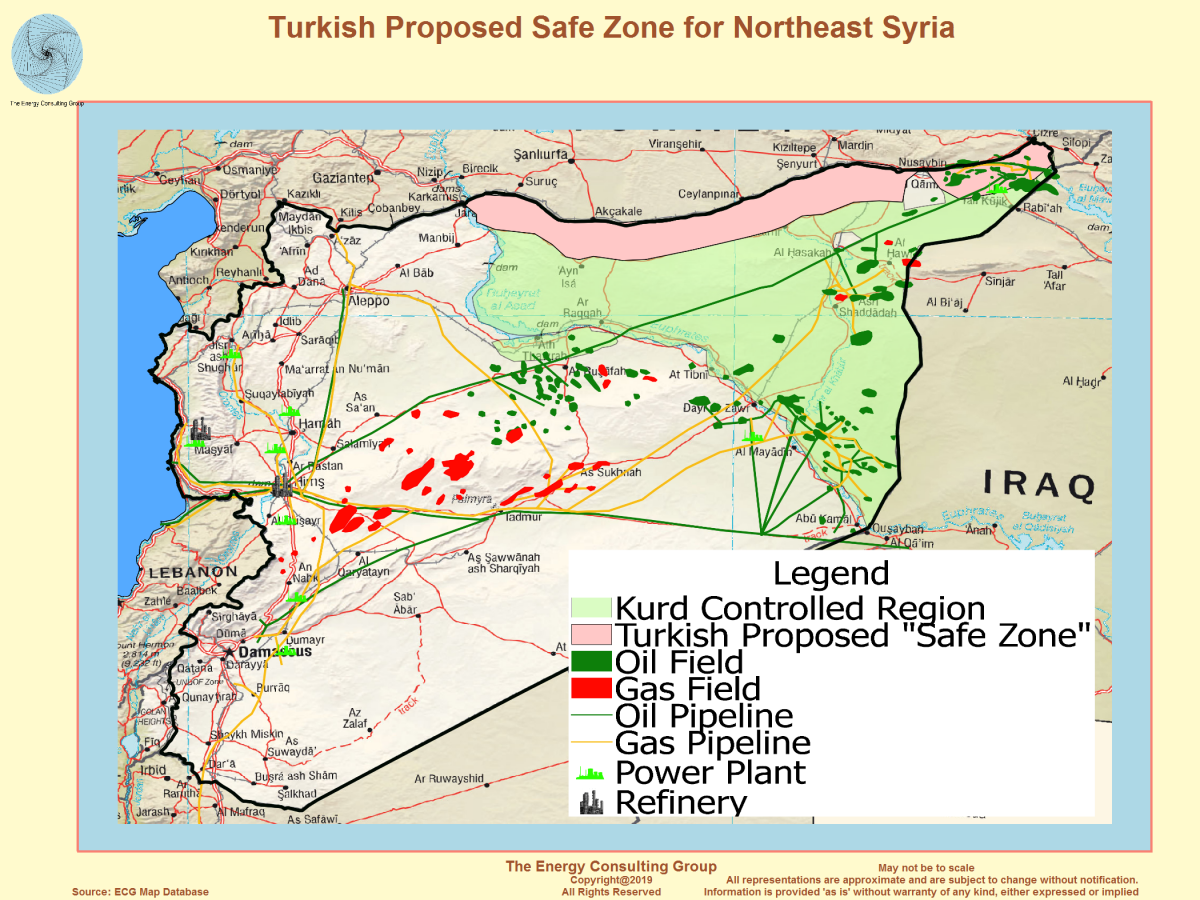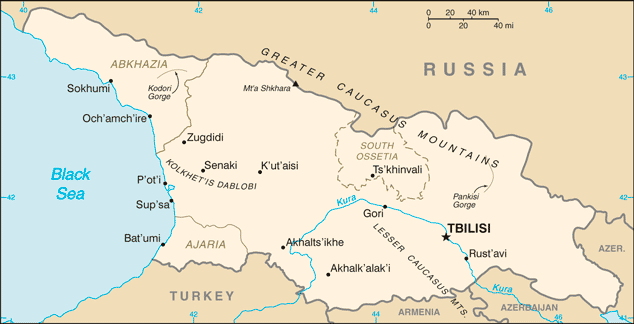Remembering the Daraya massacre
In Episode 139 of the CounterVortex podcast, Bill Weinberg marks the 10th anniversary of the 2012 Daraya massacre, in which the regime of Syrian dictator Bashar Assad killed some 700 civilians while taking back the city from the secular pro-democratic revolutionary forces that had seized power there. These early Syrian revolutionaries were inspired by the grassroots-democratic vision of the anarchist thinker Omar Aziz, and the ethic of nonviolent resistance propounded by Jawdat Said, the “Syrian Gandhi.” Daraya was re-taken by rebels later that year, but fell a second time in August 2016, putting an end to the experiment in parallel power and direct democracy. Most of the remaining inhabitants were evacuated to Idlib province in the north, which remained in rebel hands, and the model of parallel power survived there for another two years—before extremist factions linked to the Nusra Front began to take over. The November 2018 assassination of civil resistance leader Raed Fares was another turning point. The following year saw a popular uprising in idlib by the pro-democratic resistance against jihadist rule. But the legacy of Daraya, once the frontline of a peaceful revolution, is largely forgotten history, its true heroism betrayed by the world. Listen on SoundCloud or via Patreon. (Photo: Daraya, 2011 via Leila’s Blog)



